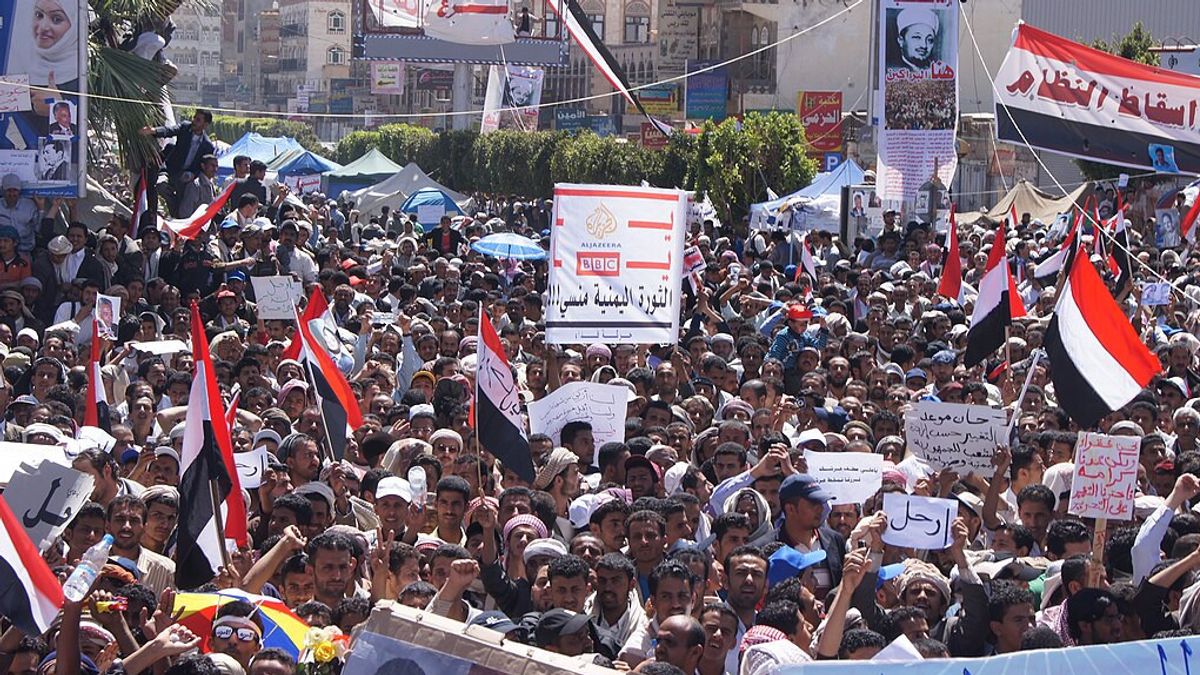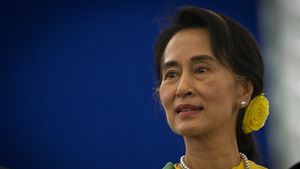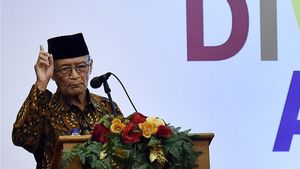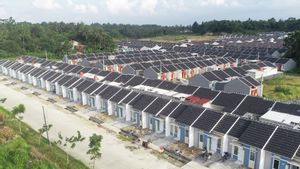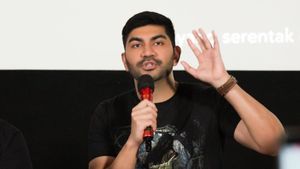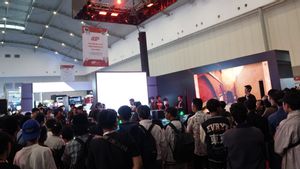JAKARTA Memories of today, 12 years ago, November 23, 2011, the President of Yemen, Ali Abdullah Saleh signed his resignation letter at the Royal Palace of Saudi Arabia, Riyadh. The wave of Arab Spring protests was behind Ali's resignation.
The narrative is good news for the people of Yemen. Previously, Ali was considered to have been in power for too long. There has been no significant change from the era of his government. Repressive too. Maybe he was able to push all his political opponents back, but not with a wave of Arab Spring protests.
The people's movement, whatever the form, always has to be watched out for by every government in the world. Just ignore it, people's movements can spread everywhere. The turmoil of the Arab Spring revolution, for example. Many Middle Eastern leaders did not expect the Arab Spring to be effective in the 2010s.
Everything because Arab Spring started from a breakthrough built on social media. The wave of resistance movements began to perpetuate the pro-democracy narrative in the Middle East. They no longer want to be led by a dictator.
The annoyance was poured out on social media. From Twitter, Facebook, to Youtube. In fact, not a few people have the same frustration. One by one people join to the stands. They decided to take to the streets. That's what happened in Tunisia.
The demonstration exposed the government's mistakes. The results were brilliant. President Zine El Abidine Ben Ali's regime was also successfully overthrown in January 2011. The success of the movement in Tunisia inspired the people in other Middle Eastern countries, Egypt to Libya.
The two country leaders were defeated. Gelora Arab Spring then spread to the Yemeni people. They no longer want to be led by the dictatorial regime Ali Abdullah Saleh. The regime is considered by the people of Yemen to have many disadvantages, rather than the benefits.
Actions to take to the streets are also an option. The government did not remain silent. Instead of inviting demonstrators to speak well, the military bedil actually spoke up. The Yemeni people were also victims.
Ali Abdullah Saleh is a person who has almost never separated from power: almost half of his life spent in the presidency. Not getting used to criticism, let alone what was conveyed demonstratively, on Friday mid-month ago, he made a fatal mistake as his colleague President Ben Ali of Tunisia, as well as Libya's Muammar Gaddafi.
"That day he wanted to make calculations with stubborn demonstrators. The president ordered soldiers to vomit bullets at a crowd of people who were holding orderly and peaceful demonstrations in Sana'a: 52 people were killed, 100 more injured," explained Idrus F. Shahab in his writing in Tempo Magazine entitled The Story of Two Countries (2011).
The anger of the Yemeni people has peaked. Ali's promise to raise the salaries of civil servants, loosen censorship, and reform democracy is no longer heard. The Yemeni people agreed to remove Ali from their power. They no longer can live under repressive regime pressure.
The demonstration is increasingly widespread. Ali's life is at stake. The narrative was perpetuated because of the presence of a bomb explosion at the Yemeni Presidential Palace. Ali suffered serious injuries. Even a few months later Ali admitted that he gave up.
He is ready to step down and sign his resignation letter in the country of escape, Saudi Arabia on November 23, 2011. However, Ali will remain in power until the inauguration of the new Yemeni President in February 2012.
SEE ALSO:
After 33 years in power, nine months of street protests calling for his resignation and weeks of hospitalization to recover from a bomb attack on his palace. Ali Abdullah Saleh of Yemen finally resigned from his presidency on Wednesday.
What really prompted Ali to take this action on this occasion is still unclear. However, Muammar Gaddafi's bad luck in Libya may have helped focus his mind, along with international pressure," Brian totaled in his writing on The Guardian's website entitled Yemen's Ali Abdullah Saleh Resigns But It Changes Little(2011).
The English, Chinese, Japanese, Arabic, and French versions are automatically generated by the AI. So there may still be inaccuracies in translating, please always see Indonesian as our main language. (system supported by DigitalSiber.id)
